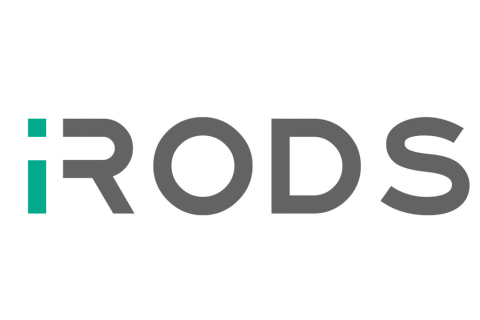UU member of extensive data management IT network

This summer, Utrecht University became the first Dutch university to become a member of the iRODS consortium, a worldwide network of research institutes, technology companies and universities where knowledge of data management technology is exchanged. ‘iRODS is a key element of the IT strategy for UU research’, ITS Director Carolien Besselink explains. ‘Our membership ensures we are the first to know about the latest developments and allows us to be involved in the further innovation. This allows us to remain at the forefront of developments and provide our researchers with the latest resources available.’
Sound research
iRODS stands for Integrated Rule-Oriented Data System. It is data management software that links unstructured data to metadata. For researchers who work with large volumes of data over longer periods of time, it is a good way of safely documenting and storing data. It is an example of how IT can help researchers conduct sound research.
Among other things, iRODS is already being used for the YOUth research project led by Chantal Kemner. The ITS directorate’s Research IT experts have developed their own application of iRODS to manage more than a petabyte (1000 terabytes) of research data. They recently presented their application during an iRODS conference in the United States. The University also uses iRODS as underlying technology for its Yoda data management application.
Widely available
IRODS is open source software, which means that the source code is available to anyone wanting to use it to create their own application. In effect, it is publicly accessible. People interested in learning more about the possibilities of iRODS technology can participate in the introductory workshop led by Ton Smeele, data management expert at ITS. ‘ITS aims to inform researchers more effectively of the latest possibilities’, Besselink said. ‘We can also help implement bespoke IT research applications. The University will be investing in this via the Research IT programme, led by Menno Rasch starting 1 September 2016.

